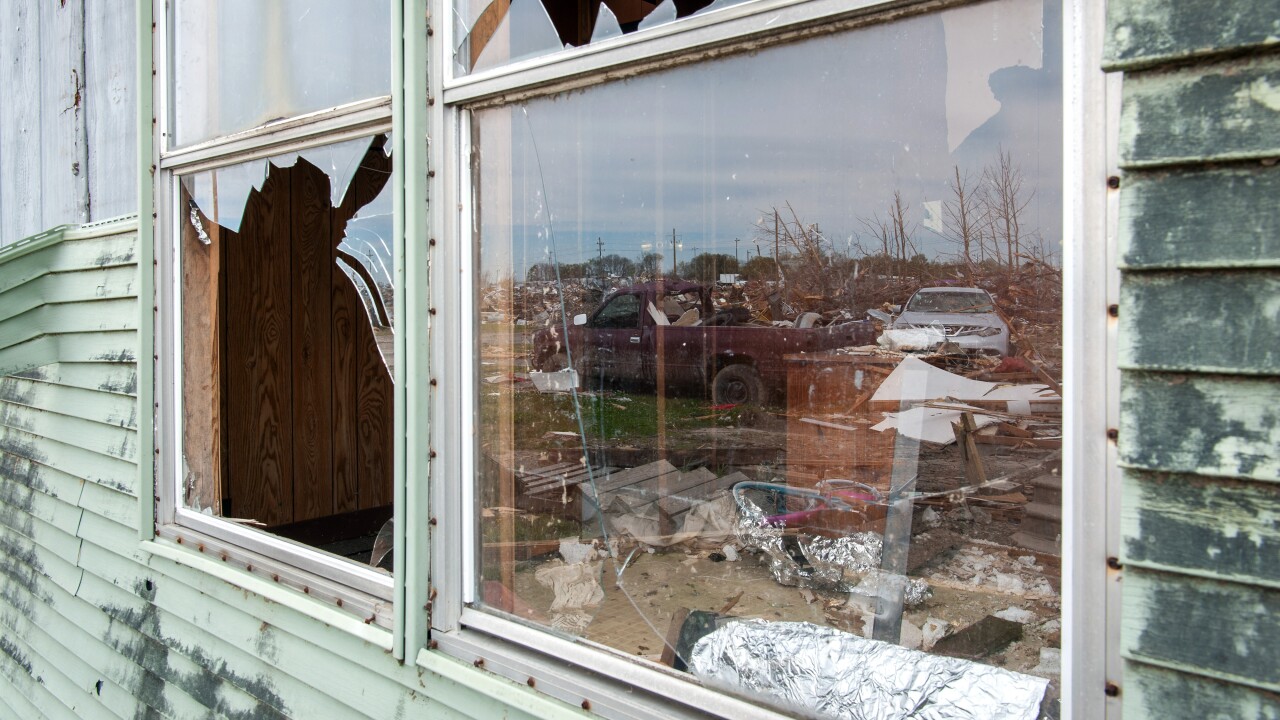A top government-sponsored enterprise executive said Monday she doesn't think Fannie Mae and Freddie Mac get enough credit for reinventing themselves in the wake of
"We're retaining earnings every day. It's a story that doesn't get told, and we all should be telling it because it's a great story that took a lot of partnerships," Fannie Mae CEO Priscilla Almodovar said at the Mortgage Bankers Association's annual conference in Philadelphia.
She and Freddie Mac President
Almodovar said Fannie's had some success addressing these, noting that
A
"We are caught up. So we're responding a lot quicker. So expect more certainty, expect us to work with you," she said, noting that Fannie considers repurchases "a last resort."

When it comes to low originations, one of the things both government-sponsored enterprises have been doing to help boost the numbersis continue to build on efforts to get new borrowers without traditional credit histories qualified for mortgages using rent track records.
"In September 2022, we started a pilot to work with property owners to report the positive loan payments, and I'm happy to report that a year later 23,000 renters in this country have established a credit score," Almodovar said.
An estimated 350,000 families have enrolled in a rent payment program Freddie Mac started roughly a year ago and more than 50% have improved their scores, Hutchins said. The number Freddie was able to help establish scores for the first time was roughly similar to Fannie's, he added.
In addition to the increased difficulty originating loans, Freddie's list of concerns to address include some issues consumers encountered when single-family mortgage billing gets moved from one company to another.
"We're seeing a large number of servicing transfers. We understand why those occur, and we understand the market environment that drives it and the economic rationale for it, but it's having a negative impact on the people least least that can least afford it," Hutchins said.
Freddie is also looking to raise the bar on some of its requirements in multifamily.
"Many of those [properties], because of our affordable mission, are older; and what concerns us there are standards around maintenance and that they're probably, on historical basis, not where they should be," he said.
Multifamily has been a risk management focus for Fannie Mae too when it comes to floating rate debt and its senior housing portfolio, Almodovar said.
More broadly in risk management, Fannie also has been working on how best to stress test the organization, she added.
"We have to follow the same assumptions from the Fed that the banks do, but maybe it's better to really stress our own business, understanding the various scenarios. That's something I think Fannie will get better at given the uncertainty in the market," Almodovar said.




